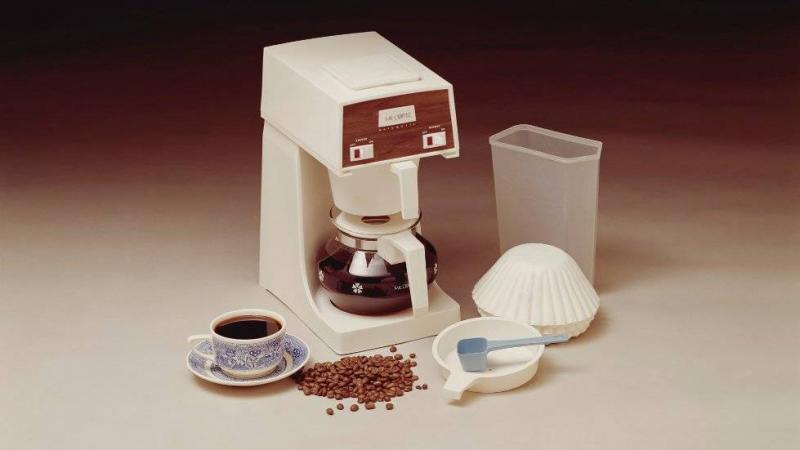A number of health experts have petitioned the U.S. Food and Drug Administration (FDA) regarding decaffeinated coffee, calling for a ban on a key chemical used in the decaffeination process due to concerns that it may lead to cancer. The Occupational Safety and Health Administration reported that the chemical in question is methylene chloride, a colorless liquid used in various industrial processes, including "paint stripping, drug manufacturing, nail polish remover production, metal cleaning, and degreasing."
Dr. Maria Dada, the lead chemical policy director at the Environmental Defense Fund, explained that methylene chloride has long been known as a carcinogen and has been classified as such by the National Toxicology Program of the National Institutes of Health, the Environmental Protection Agency, and the World Health Organization.
She added: "In addition to being a carcinogen, methylene chloride can cause other health damages, such as liver poisoning and neurological effects upon higher exposure, and in some cases may lead to death," according to CNN. These risks are in the context of acute external exposure to high levels of the chemical or consuming the chemical on its own, according to the Centers for Disease Control and Prevention.
The Environmental Defense Fund and petitioners claim that by allowing the use of methylene chloride in food, the FDA "ignores" a 66-year-old addition to federal law known as the Delaney Clause, which requires the FDA to ban food additives known to cause or induce cancer in humans or animals.
Maria Dada said: "Therefore, these chemicals cannot and should not be considered safe at all." A spokesperson for the FDA stated that the agency is currently reviewing the petitions but does not comment on them during the review process.




